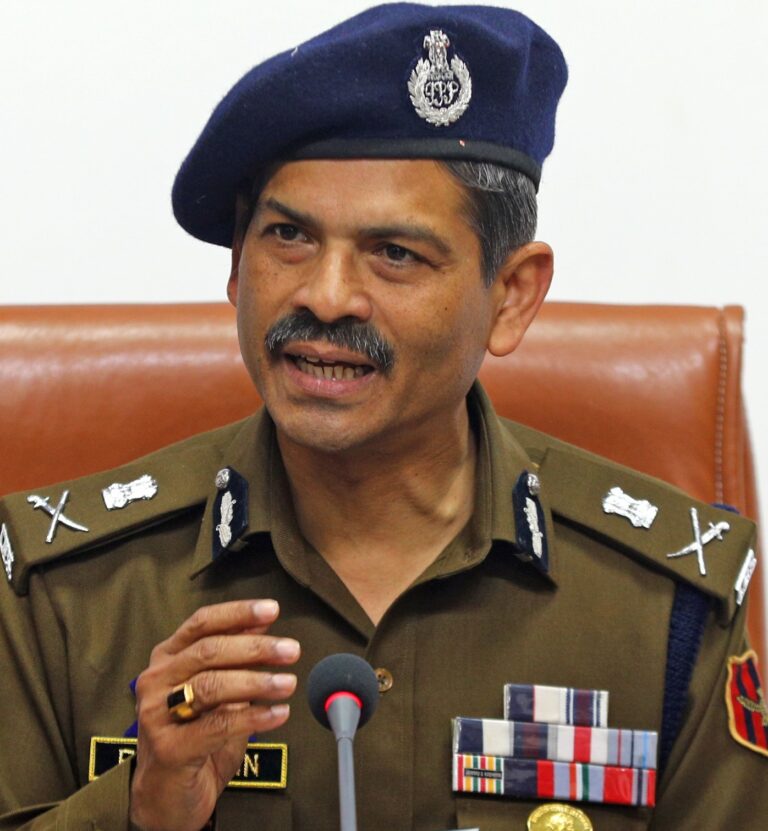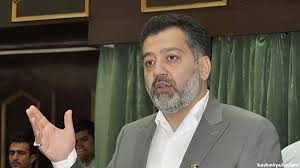Jammu & Kashmir Grapples with Reservation Policy Amid Protests and Legal Challenges
Job seekers, students, and employees in J&K are closely watching the government’s Cabinet Sub-Committee (CSC) review of the Reservation Policy. Candidates from unreserved categories, around 70% of the population, hope for fair job and admission opportunities.
The demand for revisiting the reservations arose after changes in the policy in 2023. The Jammu and Kashmir Reservation (Amendment) Bill introduced reservations in jobs, education, and the legislature under the Scheduled Tribes (ST) category, empowering the Pahari ethnic group, Padari tribes, Kolis, and Gadda Brahmins.
Click Here To Follow Our WhatsApp Channel
The issue gained momentum after the J&K Combined Competitive Examination 2023 results showed only 29 of 71 selected candidates were from the general category. Protests erupted over the perceived imbalance, particularly after the NEET-PG 2024 results, where Open Merit candidates were underrepresented.
Petitioners filed a case in the High Court, challenging the amendments as unconstitutional and demanding a fair, population-based policy. The debate has sparked intense protests and counter-protests, with many arguing that reservations should uplift genuinely underprivileged sections and not perpetuate benefits to the “creamy layer.”
The National Conference-led government had formed a CSC to address grievances, with a report expected soon. The outcome will significantly impact J&K’s socio-economic landscape and the future of many aspirants.
You Might Also Like:
5-year-old Samreen Kouser Mauled to Death in J&K’s Rajouri
Parvez Rasool: Pioneering Cricketer from Jammu and Kashmir Who Made National History
GR8 Sports of Anantnag: A Startup India Success Story in Global Cricket Equipment
Aamina Zehra Wins Silver Medal in Pencak Silat at International Championship in Abu Dhabi






